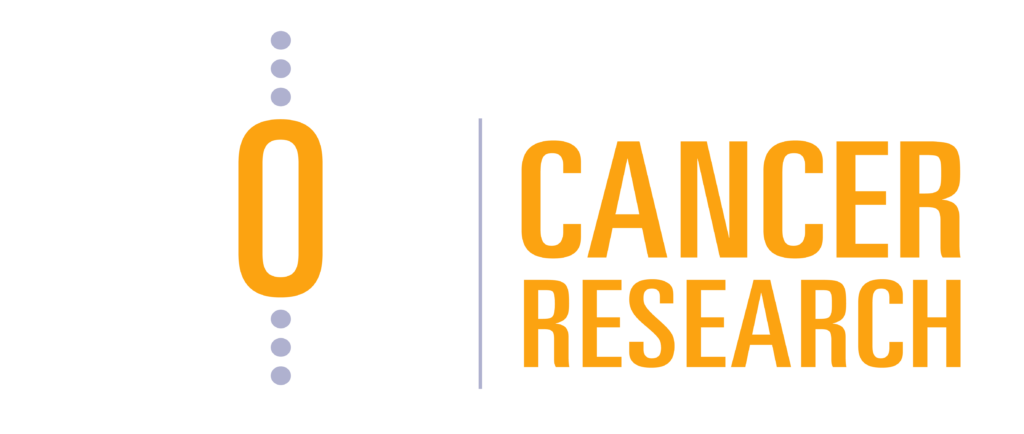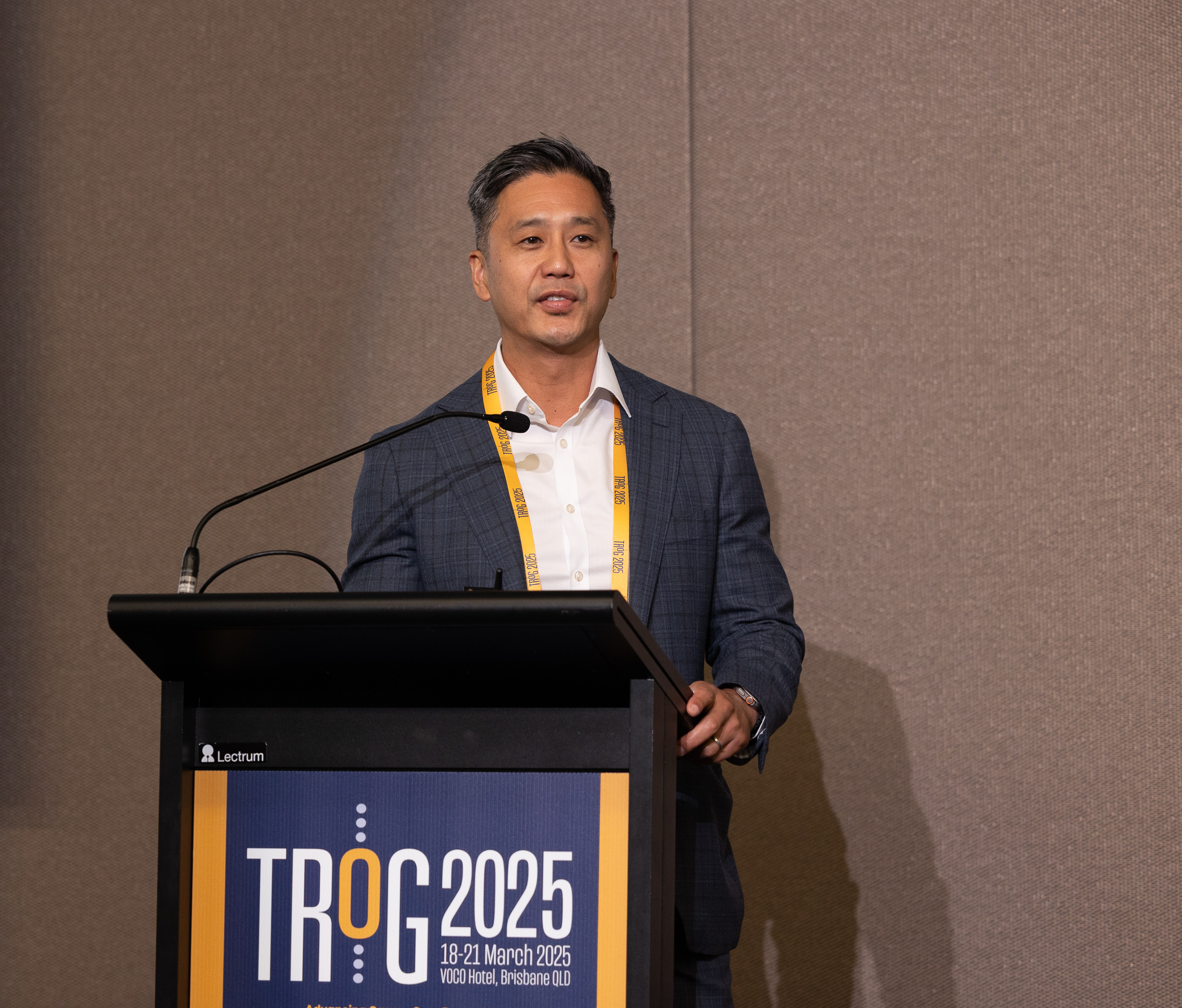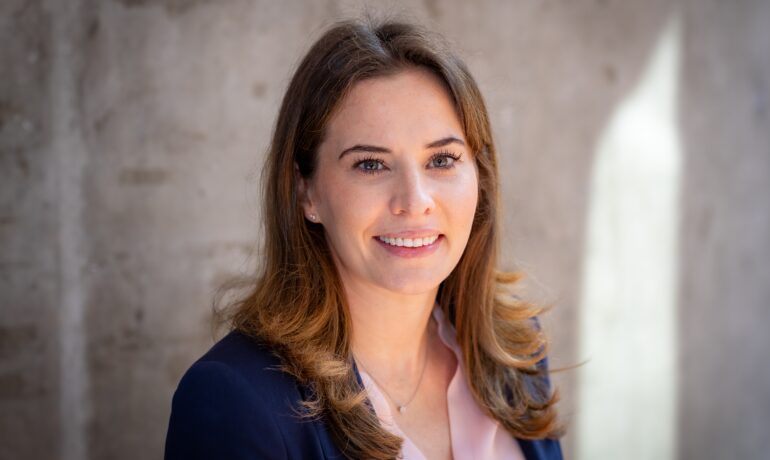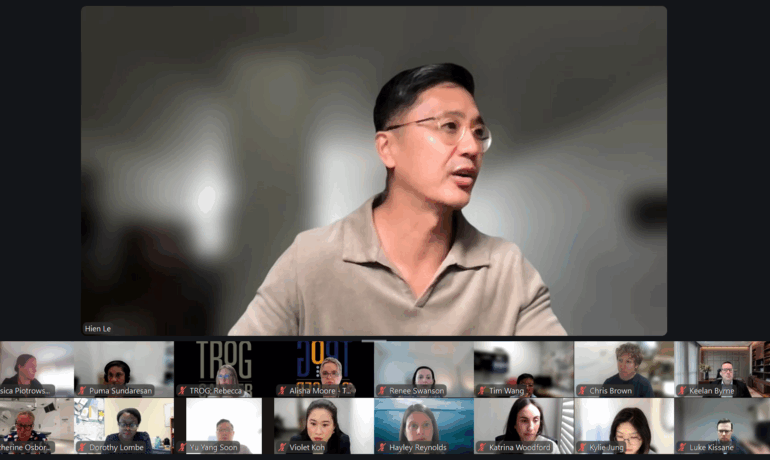MEMBER IN FOCUS: 29 July 2025
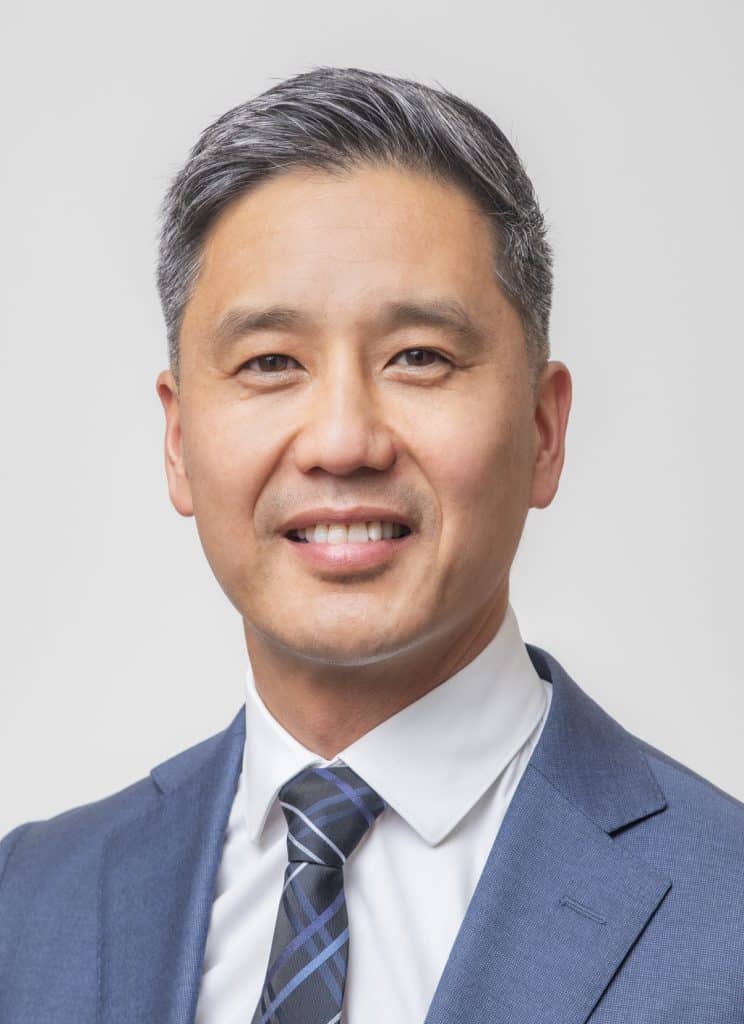
A/Prof Hien Le is a radiation oncology staff specialist at Royal Adelaide Hospital (RAH) and consults at multiple Icon Cancer Care locations in South Australia. He combines clinical work with a long-standing commitment to research and is Head of Research in the RAH Department of Radiation Oncology and Adjunct Associate Professor at the University of South Australia and Flinders University. Hien also plays a key role in the Australian Bragg Centre for Proton Therapy, and is Chief Investigator of the TROG 21.12 ASPIRE trial, a registry that aims to enrol patients treated with radiation therapy to provide comparative data on the benefits of conventional vs future proton beam therapy. Last year, he became the Chair of the TROG Scientific Committee (TSC). Here, we gain some insights into his passion for research and his involvement with TROG.
Q: What drives you to pursue radiation oncology research alongside your clinical work?
I find clinical work both interesting and fulfilling, but I do feel the need for different challenges. The opportunity to contribute to a new discovery can be incredibly rewarding—especially when it’s done in collaboration with others from diverse research backgrounds. I really enjoy planting the early seeds of a project and seeing it grow and evolve over time. The journey itself is deeply satisfying. Of course, there will be setbacks—droughts, even disasters—but that’s just part of the research process. If you stay with it, more often than not, something begins to flourish—and that success often leads to the next idea, and the one after that.
Q: What’s the main focus of your own radiation therapy research?
One of the great things about working in radiation oncology is the wealth of opportunities to explore—from leveraging advanced technologies, to studying the biological behavior of cells and how they interact with radiation. My research interests are fairly broad, but I tend to focus on technology-driven therapies like stereotactic treatments and proton beam therapy. In recent years, though, I’ve also come to really value the role of supportive care. Finding ways to adjust our approaches to improve a patient’s quality of life—both during and after treatment—has proven to be just as rewarding.
Q: What has been the most significant research achievement in your career?
I think my most significant research achievement has been the friendships I’ve made along the way. We’re incredibly fortunate in this country to have such dedicated and talented people working in radiation oncology research. The chance to collaborate—both within Australia and internationally—has led to lifelong connections that add something really special to the day-to-day work. Ours is a relatively small community, so reconnecting with colleagues at international conferences and turning those relationships into collaborations is something I truly value.
Q: You’ve long been an active member of TROG and now chair the TSC. What do you see as the benefits of involvement with TROG?
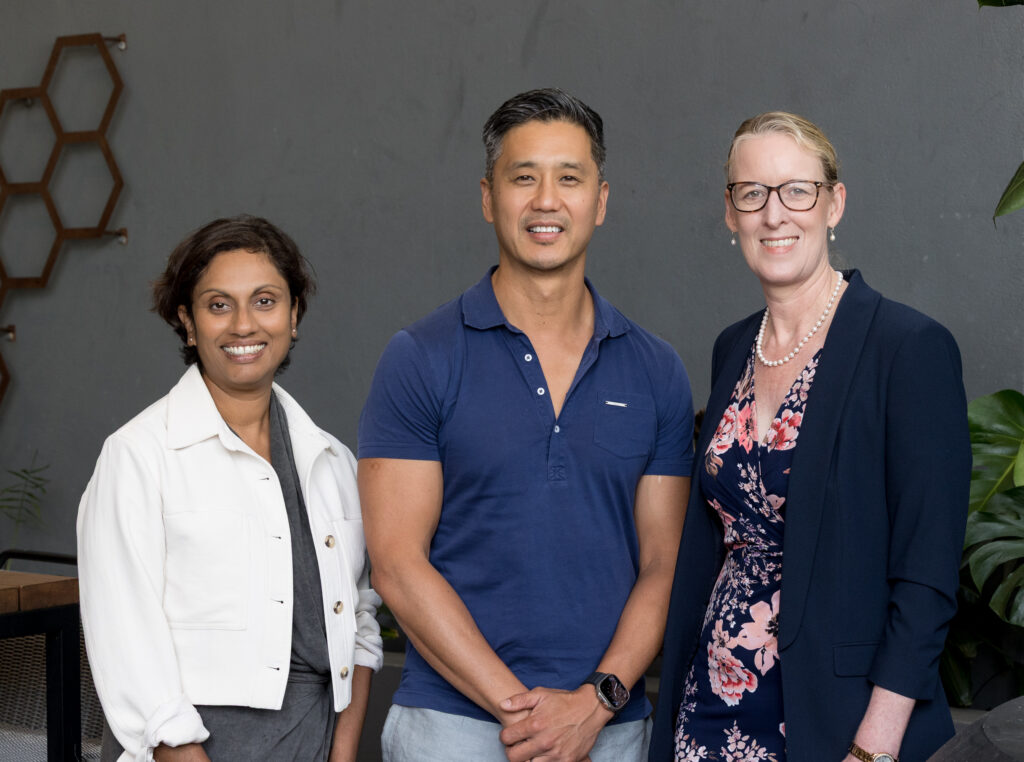
Over time, I’ve developed a deeper appreciation for how well-functioning research organisations operate—and with that understanding, I believe there’s real potential to achieve more, and on a broader scale. The network within our organisation offers access to a wide range of resources — some not immediately obvious, but incredibly valuable when you find them. My early days as an active TROG member felt like learning the ropes (and I’m still learning!), and that experience has naturally led me to where I am now. There’s something truly rewarding about being part of something bigger than your day-to-day work.involved, the better our chances—not only in securing grant funding but also in successfully running the trial. (Pictured above: A/Prof Hien Le (centre) with TROG President A/Prof Puma Sundaresan and TROG CEO Susan Goode)
Q: What’s your message to TROG Members who are keen to get involved in research or have a research idea they’d like to pursue?
If you have a research idea, don’t hesitate to bring it to one of our working party meetings. Even if you’re not (yet) a member of a working party, you’re very welcome to reach out to the relevant chair and share your idea. There’s a wealth of experience within the groups, and plenty of people who can help you shape and refine your concept. Our protocol development workshops also offer a great opportunity to build on your idea. The more people who get involved, the better our chances — not only in securing grant funding but also in successfully running the trial.
Q: TROG recently launched an Emerging Investigators Special Interest group – can you tell us what that group aims to do?
We’re really excited to launch this group. I still remember, in my early days with TROG, watching investigators get up at the annual scientific meetings to pitch their research ideas. The panic and anxiety they must have felt were immense—and unfortunately, that pressure meant many great research proposals never made it past that initial hurdle. The Early Investigator Group aims to change that. Our goal is to create a space where early-career researchers can bring their ideas forward in a supportive, non-confrontational environment, while still gaining valuable input from more experienced members within the TROG network.
Related Post
Shaping the future: How TROG’s Emerging Investigators group is breaking down barriers for new researchers
SPECIAL INTEREST GROUP IN FOCUS: 10 December 2025 Dr
TROG Concept Development Workshop sows seeds for innovative new research
LATEST NEWS: 4 December 2025 TROG provided a kick-start
